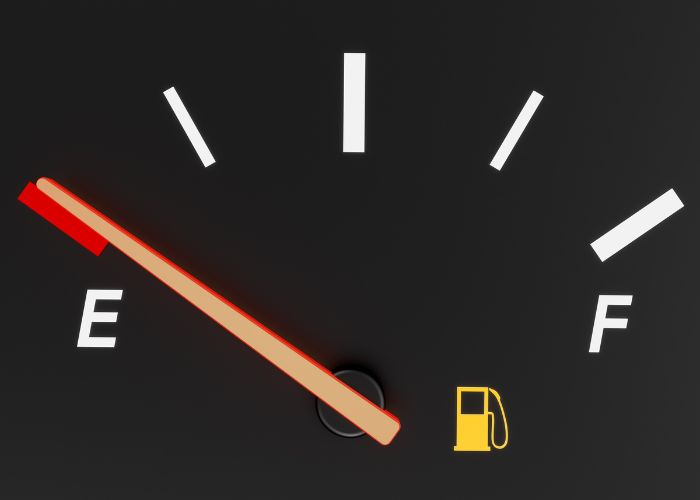MADRID – The Spanish government is considering changing the direct aid of 20 cents per litre on the supply of fuel subsidies for residents by the end of the year so that only the lowest incomes benefit.
That is according to the Spanish newspaper El Economista based on information from Bloomberg. However, a few weeks ago, Finance Minister Montero spoke about the difficulty of setting the bonus at income level. The government is studying how aid can be phased out and redirected to the lowest incomes, despite the technical difficulties.
The mechanism should be ready by the end of the year, Bloomberg said. So far everyone has benefited from the measure. It was criticized from the start for its regressive character and because it would mainly benefit the highest incomes.
Since last April, consumers have received a discount of €0.20 per litre when filling up with petrol or diesel. Furthermore, the measure was extended in June until the end of this year. The government estimates that the tax costs in this context amount to €6 billion. The government subsidizes €0.15 euros and the oil companies contribute the rest.
Measures to curb inflation
The debate over the future of the subsidy has been going on for weeks. Institutions such as the ECB or the European Commission are urging governments to end these types of measures that are widely adopted and go against the necessary adjustments to curb inflation.
International organisations such as the IMF advocate selective measures that help the lowest incomes against rising prices. Finance Minister Montero said last week that “it was not possible” to relate the 20-cent bonus to income levels. And that “other types of measures would have to be enacted” she continued. For example, compensation of income per type of group. The minister did indicate that it is “possible” to determine the bonus in “professional sectors”.
Economy Minister Nadia Calviño had already announced that it would be difficult to maintain the bonus by 2023, but that it would be feasible to redirect it to the transport sector.
Part of the government had long ago opted for this option so that the measure would be more progressive.
Labour Minister Yolanda Díaz is committed to aid that takes other factors into account. “It makes no sense” that she herself subsidised the petrol for her private car, but that people who travel to work or study by public transport do not receive more help.
Total uncertainty
Apart from the valuations of various ministries, the cabinet is not letting go of what will happen with the bonus. The Spanish Confederation of Petrol Station Entrepreneurs (CEEES) assures in a statement that the government has not yet contacted it to explain what will happen with the bonus.
The gas station employers are asking the government for “an open and transparent dialogue”, intending to prepare the computer systems of the gas stations for the new scenario that will take place in early 2023.
In this sense, CEEES recalls the “absolute chaos in most Spanish petrol stations” that arose when the discount was introduced on April 1. Gas stations barely had 40 hours to make the necessary changes to their computer systems.
In this context, CEEES estimates that these adjustments and the extreme urgency with which they had to be introduced entailed an unforeseen cost for companies in the sector of more than €3,000 per filling station.
Related post: Diesel price has been falling for weeks, petrol price in Spain is also falling slightly
Similarly, CEEES has been advocating for more than a year that a tax cut would be “the best option”. This is because it is applied to other energy sources, such as electricity and gas.


